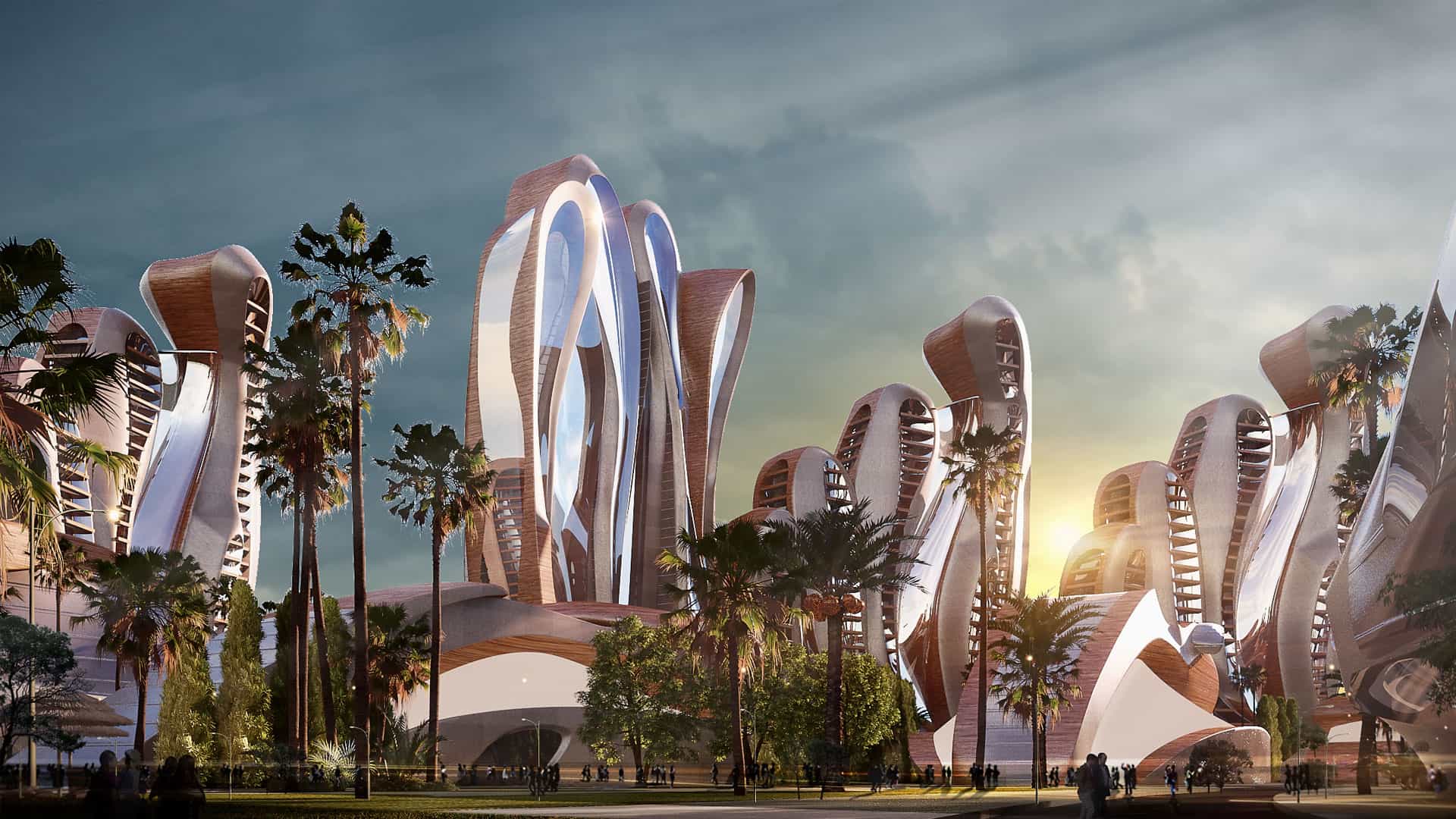
🌆 African dream of "smart cities" remains strong
Despite slow progression and plenty of challenges, smart cities in Africa are taking form.
Share this story!
Zimbabwe has recently announced plans to develop a smart city 60 km east of the capital, along the Harare-Mutare highway. The country's Minister of Information, Publicity and Broadcasting Services Monica Mutsvangwa told journalists that authorities and private developers had set plans in motion to develop MelfortSmart City (MSC).
At the global level, the smart city concept is based on the use of various technologies to promote public safety, as well as to make a city's operations and service delivery more efficient.
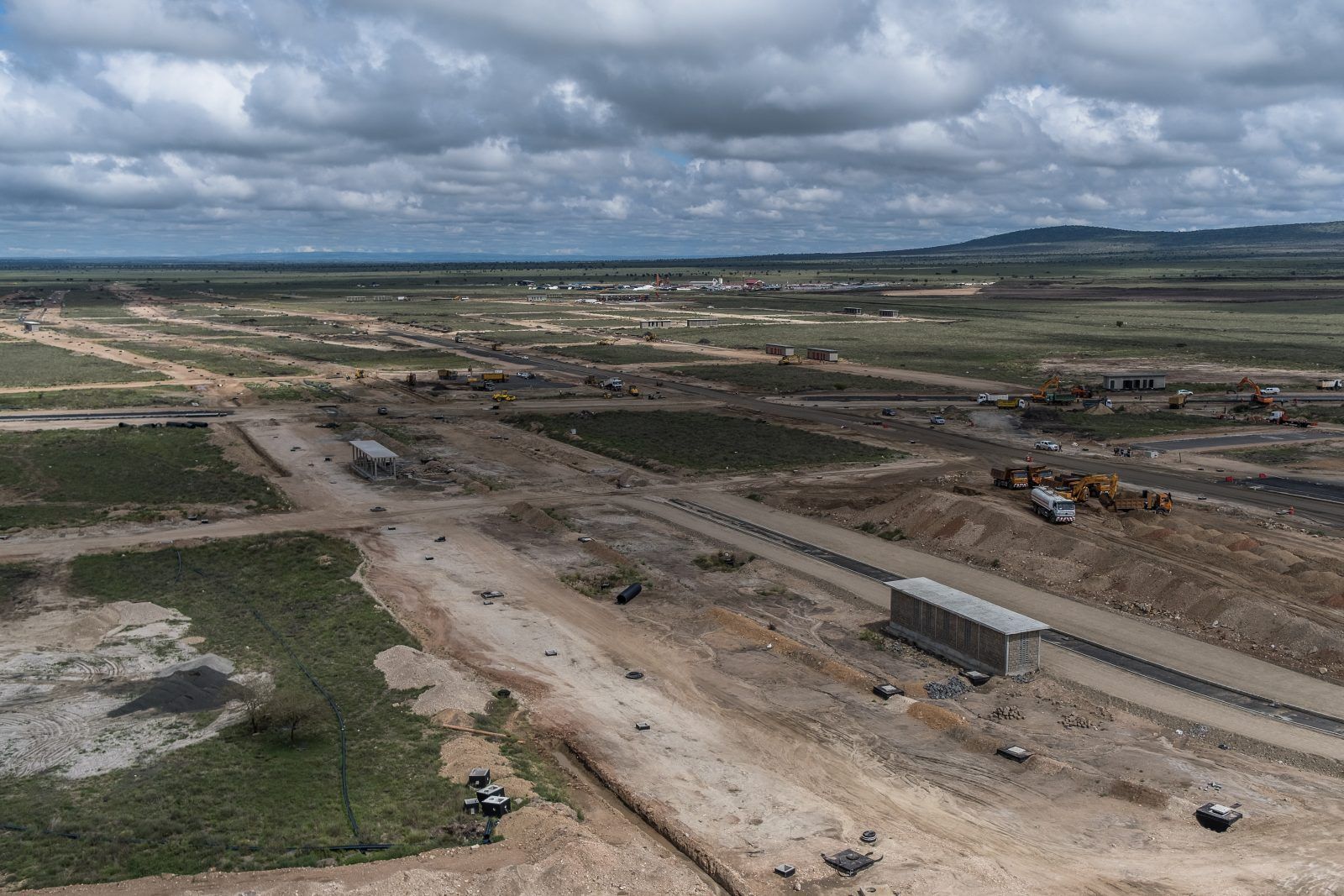
Zimbabwe formally launched its smart city blueprint named The Zimbabwe Smart Sustainable Cities Initiative in March 2018. The Initiative's Green paper listed following objectives: access to clean water, beautification of the city, improved health facilities, as well as establishing sufficient public transports.
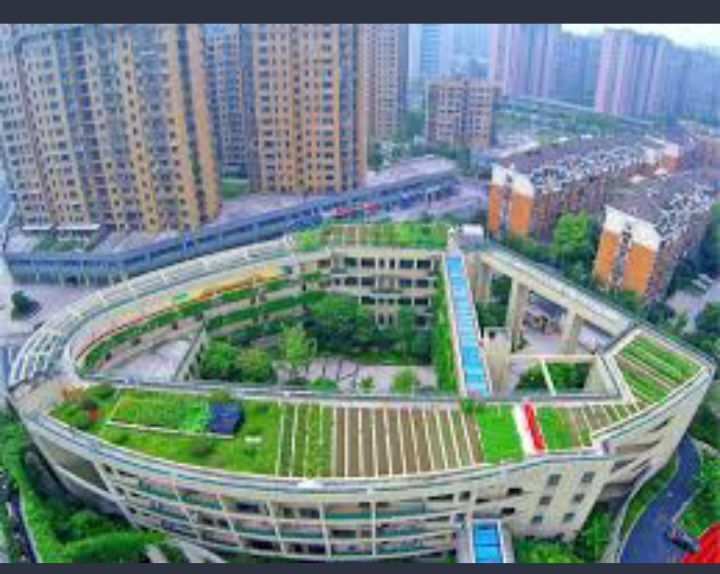
Mutsvangwa noted that MSC location was endowed with excellent weather conditions, abundant water sources, thriving agricultural activities, a railway line, a direct link with the Robert Gabriel Mugabe International Airport and an elaborate road network.
Apart from MSC, Zimbabwe is currently developing another smart city, Mt Hampden. It is located about 20 km north of Harare and will accommodate the parliament building, government ministries and departments, residential areas, shopping malls, hotels and industries.
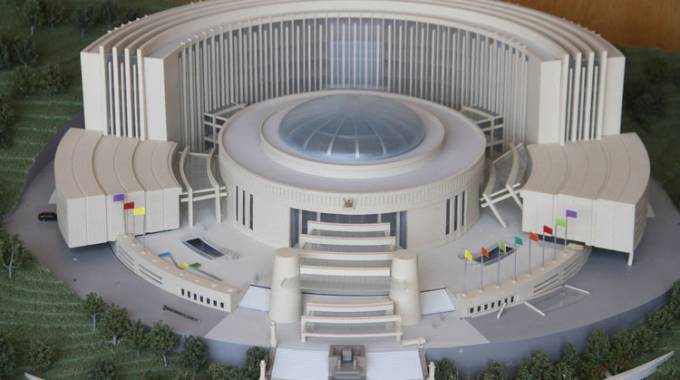
The construction of the parliament building is already underway and is nearing completion, which truly is a sign of progress despite challenges such as the COVID-19 pandemic which has slowed down economic development in most countries around the world.
The project is being spearheaded by the government as well as the private sector. The smart cities concept is not unique to Zimbabwe alone, other African countries are making similar efforts and are currently at various stages of implementing these projects.
Plenty of challenges for cities
According to Raconteur, smart cities face several challenges such as financing obstacles, misunderstandings between local authorities and developers as well as the exclusion of the poor.
“Finding the right funding structure can be make or break for a smart city. Because the amount of public money available is generally limited, financing models that combine international development organizations with institutional investors are growing in popularity.”
Also, the paper noted: “pursuing innovation for innovation’s sake has proved an expensive error for some developers, which have seen their dreams of an advanced smart city fall flat. ”
Smart cities being developed in Africa at the moment include: Modderfontein New City in Johannesburg, South Africa, Kigali Innovation City, Rwanda and Konza City, Kenya.
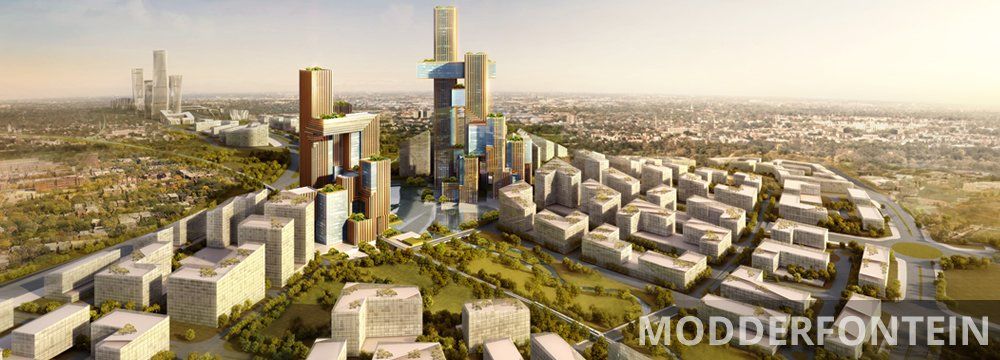
Modderfontein City was developed by the Chinese company Zendai at a cost of R84bn (£5.8bn). Placed in the centre of Johannesburg it was depicted as Africa’s New York at the inception of the project. The city was also expected to create about 200 000 jobs.
However, a disagreement between the developer and Johannesburg’s local authorities over the inclusion of 5,000 units of social housing, stalled progress. Zendai resolved to sell the project to another developer currently implementing a far less ambitious plan.
Raconteur reported that Rwanda has made significant progress in the implementation of smart cities concept in Kigali. Innovations that are already being rolled out in Rwanda’s capital city include smart streetlights, air-quality sensors and buses offering Wi-Fi connectivity and cashless payment facilities.
Slow progression for Africa's digital hub
The multi-billion project Konza city in Kenya, which started in 2018 is earmarked to be Africa’s digital hub and center for technological advancement within the continent. Rest of World describes how the initiative to develop Konza smart city was launched in 2008 and more than twelve years after the launch of the Vision2030 project, no significant progress has been noted on the ground due to legal and logistical problems. It was not until 2013 the Kenyan government finally started to pump the first tranche of money into Konza. The city was envisaged to create 100.000 jobs, 37.000 homes, and contributing US$1 billion a year to the east African country’s economy.
The change of administrations in Kenya also negatively impacted the progression of the ambitious project. Konza Technopolis Development Authority has however remained resolute, the construction of the city will continue with the first phase expected to be completed by 2030 and the entire project in 2050.
Despite all the challenges associated with the development of smart cities, Africa remains hopeful that smart cities one day will become a reality on the continent.
By becoming a premium supporter, you help in the creation and sharing of fact-based optimistic news all over the world.


